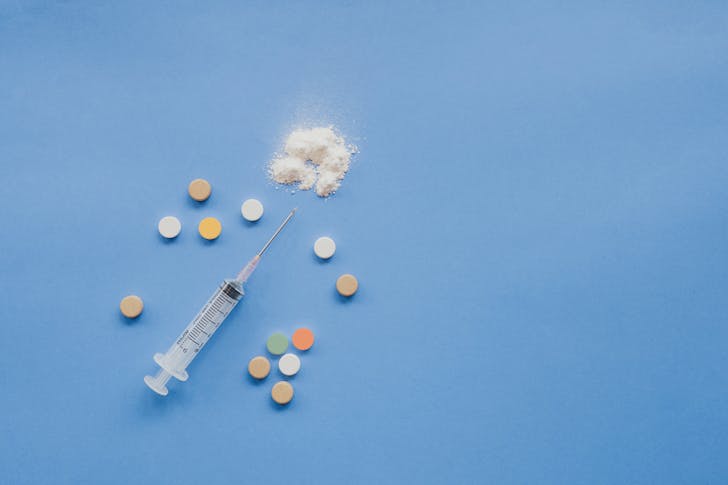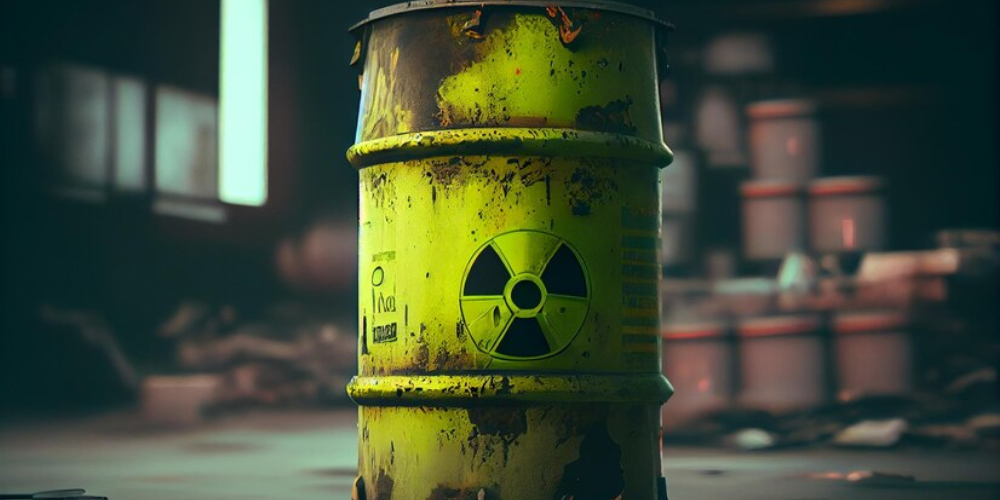
Does Foaming at the Mouth Cause Health Problems?

Does foaming at the mouth cause health problems? Foaming at the mouth is a concerning symptom that often signals underlying severe health issues. When someone experiences foaming at the mouth, it is usually due to excessive saliva pooling in the mouth or lungs, mixing with air. This condition is not just unsettling; it is often indicative of severe medical emergencies that require immediate attention.
The Causes of Foaming at the Mouth
There are several potential causes of foaming at the mouth. Each condition has distinct implications for health and requires specific medical interventions. Understanding the root causes is crucial for timely and effective treatment.
1. Drug Overdose
One of the most common causes of foaming at the mouth is a drug overdose. When an individual consumes more drugs than the body can handle, it may lead to a range of symptoms, including excessive saliva production and frothing at the mouth.
Opioid overdoses, particularly those involving fentanyl, can cause this symptom. In such cases, other signs may include a slow heart rate, blue-tinted skin, and loss of consciousness. Immediate medical intervention is essential to prevent life-threatening complications.
2. Seizures
Foaming at the mouth can also occur during certain types of seizures, particularly tonic-clonic seizures. These seizures cause intense muscle contractions, which can lead to difficulty swallowing. Saliva may pool in the mouth, and as it mixes with air, it forms foam. This symptom often accompanies loss of consciousness and full-body convulsions. Seizures require immediate medical attention to manage the episode and prevent further complications.
3. Pulmonary Edema
Another cause of foaming at the mouth is pulmonary edema, a condition where fluid leaks into the lungs. This can occur due to heart failure, a severe drug overdose, or other underlying health conditions. The foaming associated with pulmonary edema is often pink-tinged, indicating the presence of blood. Pulmonary edema is a medical emergency that requires prompt treatment to prevent serious health outcomes.
4. Rabies
Rabies is a viral disease that affects the central nervous system and is transmitted through the saliva of infected animals. One of the later-stage symptoms of rabies is foaming at the mouth.
This occurs because the virus causes paralysis of the throat muscles, making it difficult for the affected person to swallow. Combined with increased saliva production, this leads to the characteristic foaming. Rabies is fatal if not treated promptly, and immediate medical intervention is critical.
Treatment Options for Foaming at the Mouth
The treatment for foaming at the mouth depends on the underlying cause. Emergency care is usually necessary since this symptom is often associated with serious conditions.

UNC Health Talk | First aid for seizures involves ensuring the person’s safety by removing nearby hazards and protecting the head.
Drug Overdose Treatment
In the case of a drug overdose, the priority is to stabilize the individual and prevent further harm. This may involve administering medications like naloxone to reverse the effects of opioids or performing a stomach pump for ingested toxins. Continuous monitoring and supportive care are essential to manage the overdose effectively.
Seizure Management
For seizures, first aid involves ensuring the person’s safety by removing nearby hazards and protecting the head. After the seizure subsides, rolling the person onto their side helps clear their airway. Medical professionals may administer anticonvulsive medications to prevent future seizures and manage the condition long-term.
Addressing Pulmonary Edema
Treating pulmonary edema involves addressing the fluid accumulation in the lungs. This may include medications like diuretics to reduce fluid, oxygen therapy to assist breathing, and other supportive measures depending on the cause. Rapid treatment is crucial to prevent the condition from worsening.
Rabies Intervention
Rabies requires immediate medical attention, especially if someone suspects exposure. Treatment includes post-exposure prophylaxis, a series of vaccines that prevent the virus from progressing. Early intervention can be life-saving, making seeking medical help immediately imperative.
More in Health
-
`
The Complete Relationship Timeline of Travis Kelce and Taylor Swift
Ever wondered about the sparks and stories between Kansas City Chiefs tight end Travis Kelce and pop sensation Taylor Swift? Fans...
April 24, 2024 -
`
Looking For A Matchless Christmas Celebration? Try These Nostalgic Vintage Christmas Decorations
The holiday season has a unique way of evoking nostalgia, transporting us back to the warm, fuzzy memories of childhood Christmases...
April 16, 2024 -
`
Here’s What We Know About Jonathan Owens, Simone Biles’ Husband
Simone Biles’ husband Jonathan Owens has become a household name, particularly after tying the knot with the Olympic gymnastics superstar in...
April 10, 2024 -
`
8 Places in the U.S. Where You Can Travel Without a Passport
Do you often ask yourself: Where can I travel without a passport? You are not alone in seeking a getaway that...
April 2, 2024 -
`
Donald Trump Speech: Former President Accuses Biden Amid Legal Struggles
A recent Donald Trump speech has been trending on social media where he can be seen criticizing Joe Biden. The former...
March 26, 2024 -
`
Tired of Being Tired? How to Increase Energy in 2024
Feeling sluggish is like trudging through quicksand, each step requiring Herculean effort. But there’s a stark contrast between the usual weariness...
March 19, 2024 -
`
A Sneak Peek Into the 2024 BRITS Awards
Maya Jama’s Velvety Radiance Opening our fashion symphony, Maya Jama, enveloped in a luxuriant black velvet gown, set the red carpet...
March 16, 2024 -
`
This Young Couple Moved From the Suburbs to Their Vacay Home to Ensure an ‘Outdoorsy’ Life For Their Kids – Here’s How Satisfied the Couple is
Suburban life often means a monotonous routine of commute, work, and fleeting weekends. However, one young couple has dared to break...
March 5, 2024 -
`
Shocking! 56,000 Barrels of Radioactive Waste Dumped Along U.S. Coast
For decades, the Pacific Ocean shimmered, seemingly untouched by the shadows of the human footprint. But beneath its turquoise surface, a...
March 2, 2024










You must be logged in to post a comment Login